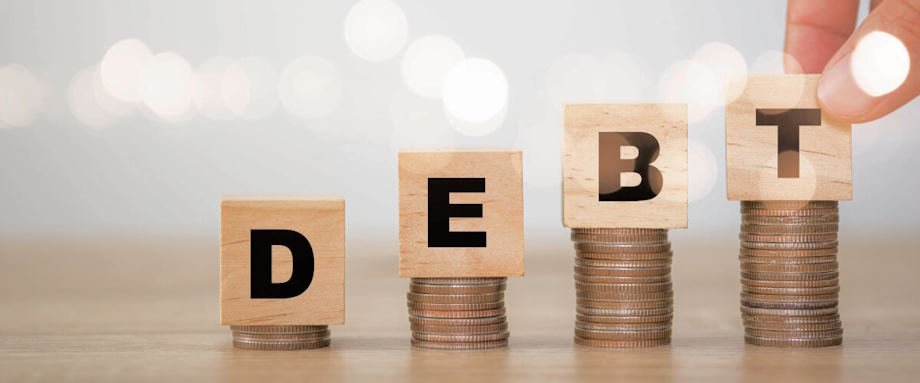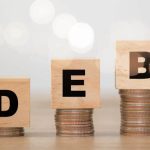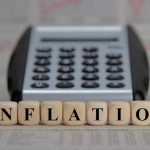Efficient Ways For Managing And Reducing Personal Financial Debts

The debt burden can cast a shadow far beyond mere financial strain. For many, it represents a formidable obstacle, stirring feelings of stress, anxiety, and a desire for liberation. Efficiently managing and reducing personal debt is not merely a financial endeavor. It is a transformative way to reclaim control, foster financial well-being, and secure a prosperous future.
How to do it efficiently?
Effectively managing and reducing personal debt is a transformative process that requires a holistic approach, blending financial acumen with disciplined actions.
Assess Your Debt
Begin by immersing yourself in a thorough examination of your current debt landscape. This process entails recognizing and categorizing various forms of debt, such as credit cards, loans, and mortgages. Gaining a comprehensive understanding of your complete financial obligations forms the bedrock for crafting a focused and efficient debt reduction strategy.
Prioritize High-Interest Debts
Direct your initial attention to debts carrying high interest rates. By addressing such debts first, you minimize the long-term financial impact and free up more resources for subsequent repayments. This strategic prioritization maximizes the efficiency of your debt reduction plan.

Develop a Realistic Budget
Allocate specific funds for debt repayment within your budget while simultaneously identifying areas where expenses can be trimmed. This disciplined approach ensures a consistent and sustainable strategy for reducing debt over time.
Choose a Repayment Method
Choose a repayment approach that matches your financial objectives and personal preferences. Whether you decide on the snowball method, concentrating on clearing smaller debts first, or the avalanche method, addressing high-interest debts initially, make a conscious decision that fits your individual circumstances.
Expert Financial Support
Try to get support from financial experts, whether they are financial advisors or credit counselors. Their knowledge can provide tailored guidance for your financial situation, aiding in the development of a personalized debt management plan and offering strategies to improve your overall financial well-being.
Avoid Accumulating New Debt
Implement strategies to prevent the accumulation of new debt during the debt repayment process. Adjust your spending habits to align with a more sustainable and financially responsible lifestyle, breaking the cycle of debt reliance.
By embracing a holistic approach, individuals can not only alleviate their immediate financial burdens but also cultivate lasting habits for sustained financial health and security.

















